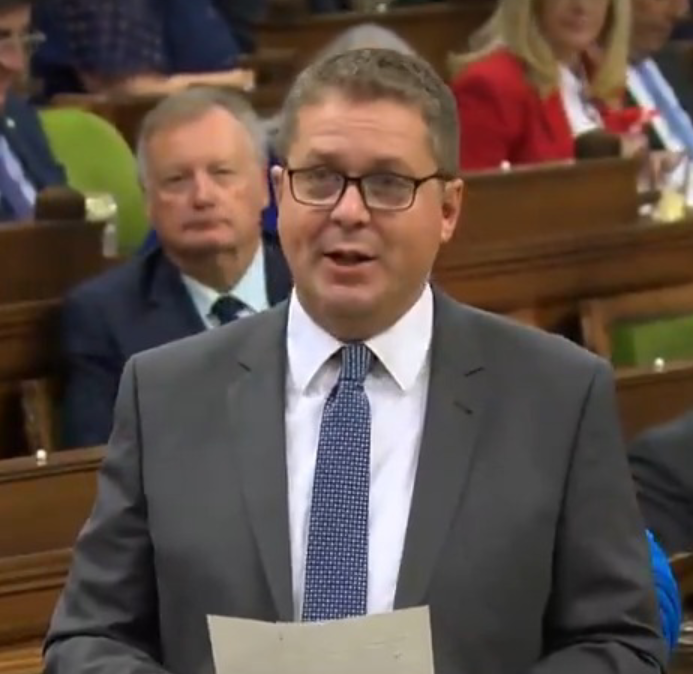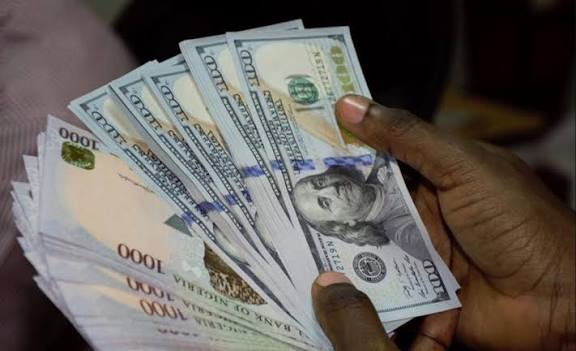
Nigeria’s Silent War: The Devastating Reality of Christian Persecution

The situation unfolding in Nigeria has reached a tragic and heart-wrenching level that many around the world still fail to fully grasp. What Christians are experiencing in the country is nothing short of devastating. Behind the headlines, the statistics reveal a story of relentless bloodshed, displacement, and targeted attacks that have left entire communities shattered. According to reports, more Christians are killed in Nigeria than in the rest of the world combined, a chilling fact that underscores the magnitude of the crisis. Since 2009, an estimated 125,000 Christians have lost their lives in the country due to insurgency, extremist violence, and targeted persecution, a number so staggering it paints a picture of a silent war that continues with minimal international outrage.
The roots of this crisis run deep and are entangled with religious extremism, ethnic conflicts, land disputes, and the ongoing insurgency driven by groups like Boko Haram and Islamic State West Africa Province (ISWAP). Boko Haram, whose name translates to “Western education is forbidden,” launched its deadly campaign in 2009, and what began as an insurgency has spiraled into one of the deadliest conflicts in modern Africa. Their violence has disproportionately targeted Christian communities, attacking churches, schools, and villages, often leaving behind mass graves and displaced survivors who struggle to rebuild shattered lives. The insurgents’ brutality is not only marked by killings but also by abductions, with one of the most infamous cases being the kidnapping of schoolgirls in Chibok in 2014, many of whom were Christian.
But Boko Haram is not the only actor in this bloody narrative. In the Middle Belt region of Nigeria, where Christian and Muslim communities often live side by side, clashes between armed Fulani herdsmen and Christian farmers have escalated into widespread violence that many observers believe amounts to targeted persecution. Christian communities in states like Benue, Plateau, Kaduna, and Taraba have been razed to the ground in midnight raids, with entire villages burned, families slaughtered, and survivors left with nothing but memories of horror. The attackers, often heavily armed, descend on communities with such precision and brutality that questions continue to arise about the sources of their weaponry and the complicity of local authorities.
Beyond the numbers, the human stories are chilling. Survivors recount how churches were torched with worshippers trapped inside, how families were executed in front of one another, and how communities that had existed for generations were erased overnight. Children are often the most vulnerable, either orphaned, abducted, or recruited into extremist groups. Widows are left behind in despair, while displaced persons’ camps overflow with broken families who see little hope of returning to their ancestral homes. For many Nigerian Christians, faith has become not only a spiritual commitment but a daily risk to their very existence.
International organizations have repeatedly sounded the alarm about the scale of this crisis. Reports from human rights groups, church organizations, and independent observers consistently highlight that Nigeria ranks as one of the deadliest places on earth for Christians. In fact, year after year, watchdog groups list Nigeria at the top of their global persecution indexes, pointing to systemic violence, lack of accountability, and government inaction as reasons the killings continue unchecked. Yet, despite the staggering figures and consistent outcry, the global response remains muted. While other conflicts draw international intervention, Nigeria’s plight often slips beneath the radar, leaving victims to wonder if their lives matter less on the world stage.
One of the most troubling aspects of this devastation is the perception that the Nigerian government has failed to protect its citizens. Repeated attacks often occur without timely intervention from security forces, and in many cases, survivors allege that warnings were ignored or that authorities arrived only after the destruction was complete. This lack of accountability has fueled accusations that the state is either unable or unwilling to confront the perpetrators, creating an environment where impunity thrives. For the victims, justice is a distant dream, and the cycle of violence repeats itself with frightening regularity.
The consequences of this persecution go beyond immediate loss of life. The displacement crisis it fuels is enormous, with millions forced to flee their homes, swelling camps and host communities that are already stretched thin. Farmlands are abandoned, schools destroyed, and local economies collapsed, creating a humanitarian disaster that deepens poverty and fuels instability. Many young people, robbed of education and opportunities, become vulnerable to recruitment by extremist groups, ensuring that the violence will persist for another generation unless drastic measures are taken.
Yet, in the face of unimaginable suffering, the resilience of Nigeria’s Christian communities continues to shine. Despite the constant threats, many churches remain open, and believers gather to worship even under the shadow of violence. Their faith, tested by fire, becomes an anchor of hope, though it does not erase the pain or the losses endured. Local communities continue to call for international solidarity, pleading for the world to pay attention, to intervene, and to hold perpetrators accountable. They emphasize that what is happening is not just a Nigerian problem but a human rights catastrophe that should concern everyone who believes in freedom of religion and the sanctity of life.
The devastation is undeniable. With 125,000 Christians killed since 2009, the numbers represent more than statistics; they are fathers, mothers, children, pastors, and ordinary villagers whose only crime was their faith. They are dreams cut short, lives brutally ended, and communities wiped off the map. Each number carries a name, a story, and a grieving family left behind. The sheer scale of the killings places Nigeria at the epicenter of global Christian persecution, yet the silence that greets these atrocities remains deafening.
As the crisis worsens, questions hang in the air: How long will the world look away? How many more must die before meaningful action is taken? Will Nigeria ever find the political will to confront the violence and deliver justice, or will history remember this as a prolonged genocide that the world failed to stop? For the Christians living in Nigeria, these are not abstract questions—they are matters of survival. Every church service, every trip to the farm, every night’s sleep carries with it the risk of sudden attack.
What Christians are experiencing in Nigeria is indeed devastating. It is a tragedy unfolding in plain sight, a humanitarian catastrophe that demands urgent attention, and a moral test for both Nigeria and the international community. Until real action is taken, until the killings stop and justice is served, the haunting statistics will continue to rise, and with them, the cries of countless innocent souls silenced in a land that should be their home. The world cannot afford to stay silent any longer because silence, in the face of such bloodshed, is complicity.
Watch the video
The world has largely ignored the persecution of Christians in Nigeria: 7,000 killed, 3.5 million displaced, and three churches destroyed every day.
— Andrew Scheer (@AndrewScheer) October 2, 2025
It’s time to break the silence, raise awareness, and support those enduring unimaginable suffering. pic.twitter.com/9S6649YLVf

